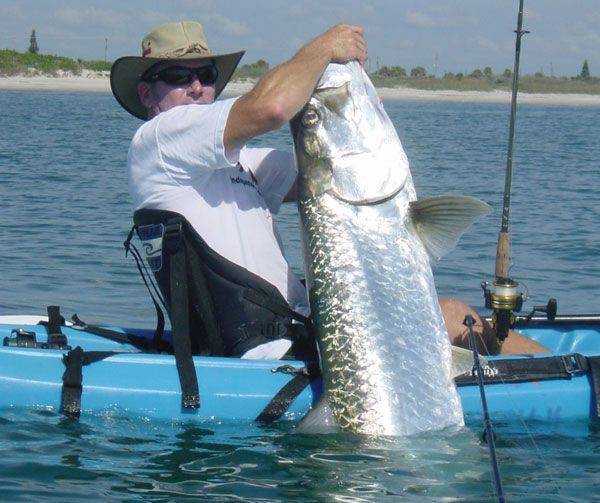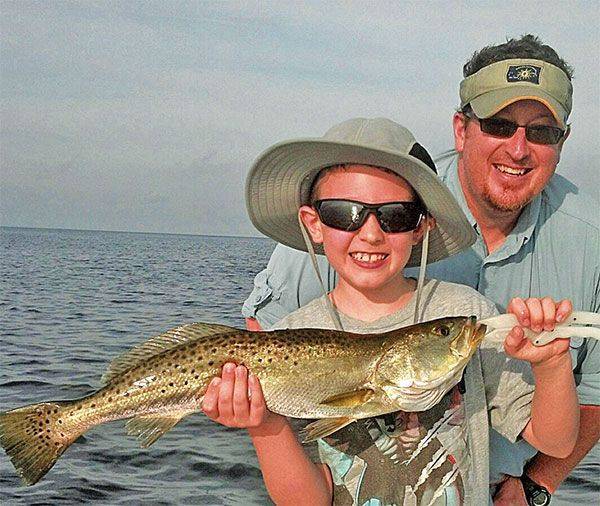By Shannon Dack
[dropcap]T[/dropcap]he American Sportfishing Association reports over 3 million licensed anglers statewide. As such, the fishing industry collects over $800 million annually, boosting our local economy and communities. Chances are you own a boat or know someone who does. With so many lines dropping into the water, our fish can take quite a beating during their lifetime.
Most recreational anglers employ catch and release as their main objective, using fishing as a means to relax and enjoy nature. It is an addicting hobby to have and a joy to pass on. With passing on the love of fishing, share the ethical ways to interact with your catch and knowledge of the environment it came from. The rules and regulations administered by the Florida Fish and Wildlife Commission (FWC) provide an excellent starting point to follow and expand on. Knowing seasons, size limits, and bag limits for local fish are the basics.
In fishing, not all gear is equal. Proper gear and bait for your intended catch give the fish and yourself a boost. The fight is fun but remember, the goal for catch and release is to have a healthy fish swim away and survive. Exhausting your fish decreases that chance. Circle hooks benefit both sides. Setting a circle hook is mostly done by the fish and almost always sets in a favorable position for removal – the mouth. Stay away from stainless steel hooks. Use a metal that dissolves quickly which benefits the fish especially if the hook is set in the gut or the line breaks before landing.
Once you have landed your catch, handle the fish as little as possible. Their slime coating protects against disease and it is the stress of handling that removes the layer and its benefits. Larger fish survival rates increase if they never leave the water. Taking pictures, removing the hook, and letting that monster go without ever removing it from the water lowers the stress (and mess) levels for both parties. For smaller fish, wet your hands and support their bodies in a natural orientation when they are out of the water. Being aquatic means less gravitational force weighing the animal down so upending a fish and holding it vertically from its lip damages the mouth, throat, and internal organs. Maintain a firm but gentle hold on your wriggling catch since falls and fumbles can be harmful, if not fatal.
When you remove the hook, ease the fish back in the water before releasing them into the wilds. Moving them forward as you hold onto their mouth aids in flow through their gills returning oxygen to their system. Your catch will make it clear when its time for you to let them go. Should there be any line from your catch that needs removal, the Monofilament Recycling and Recovery Program (MRRP) recycles no longer useable monofilament. Widespread bins at convenient locations allow anglers to deposit unwanted monofilament instead of having the line foul our wildlife or trash our waters.
These suggestions might seem overly involved and/or too numerous, however their worth in protecting our stocks is priceless. If each fisherman added one of these methods to their tackle box of tricks each year, imagine the differences it would make in the eyes of our fish. If they could talk, I bet they’d thank you.
Shannon Dack is an Education Specialist at the Florida Oceanographic Society Coastal Center. You can contact the Coastal Center, located in Stuart, Florida at (772) 225-0505 or visit on the web at www.floridaocean.org
[easy-social-share]


